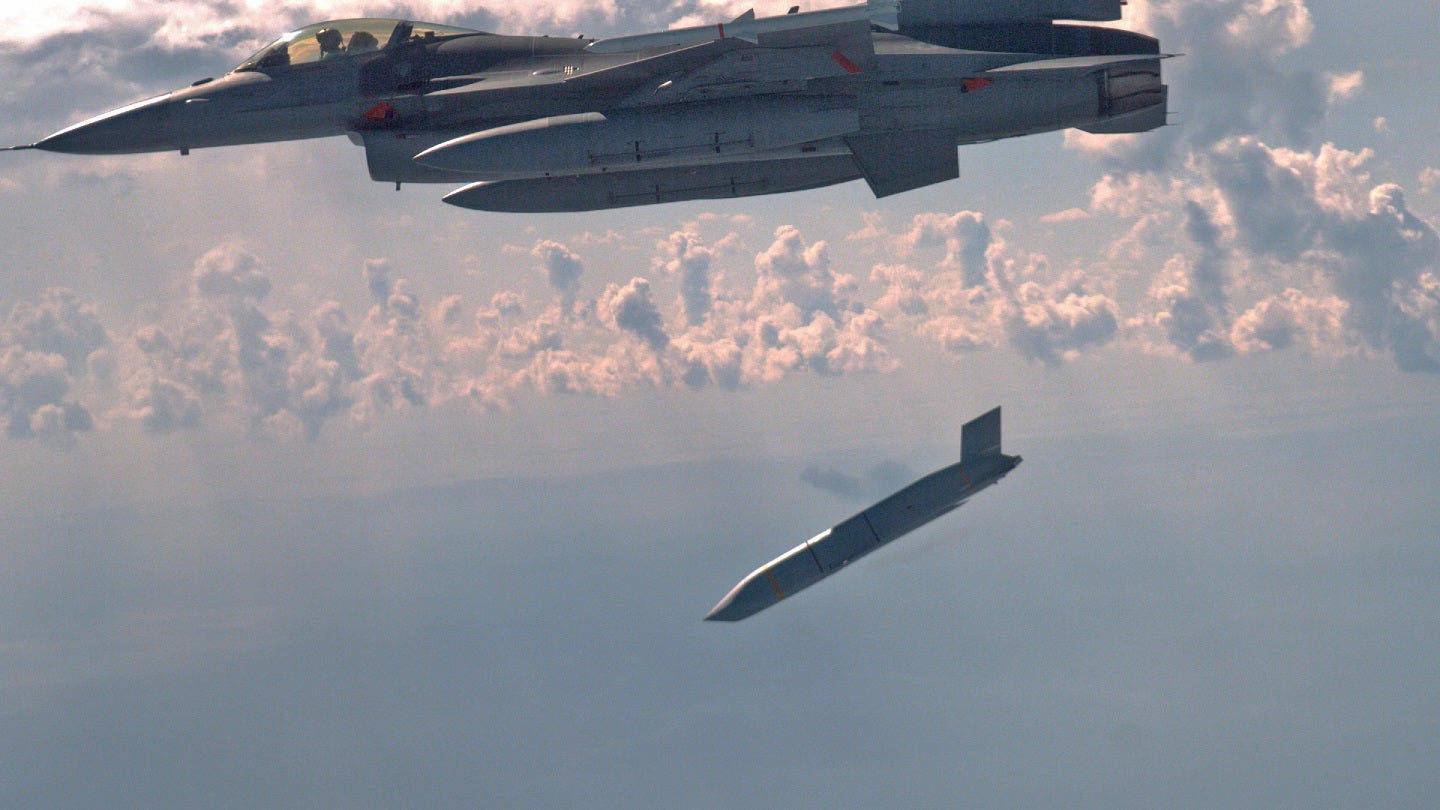
Lockheed Martin has been awarded two contracts for the ongoing manufacture of two key missile systems for the US military and overseas allies, valued at nearly $1.2bn for the build of the Joint Air-to-Surface Standoff Missile B-2 (JASSM) and Long-Range Anti-Ship Missile (LRASM) systems.
In an 18 May contract announcement by the US Department of Defense, Lockheed Martin was awarded a $750m fixed-price contract for Lot 21 JASSM B-2 missiles with containers, tooling and test equipment, and spares, as part of a Foreign Military Sales (FMS) agreement with Australia.
The same day, the company was also awarded a $443.7m contract firm-fixed-price contract for Lot 7 of LRASM, spares, dummy air training missiles and tooling and test equipment. Unlike the previous award, this contract option did not include FMS, with Fiscal 2023 US Air Force missile procurement funds in the amount of $211m and Fiscal 2023 US Navy weapon procurement funds in the amount of $192m being obligated at the time of the announcement.
Both missile systems are under development by Lockheed Martin to service multiple domestic and overseas customers for integration into air and naval surface platforms.
Based on the JASSM-ER, the LRASM was developed by Lockheed Martin in collaboration with the US Defense Advanced Research Project Agency and Office of Naval Research and will be the US military’s main surface attack system, for use for naval surface airborne assets.
Meanwhile, the AGM-158 JASSM air-to-ground standoff precision missile has been designed primarily for the USAF, and has been integrated into various platforms such as B-1, B-2, B-52, F-16, and F-15E aircraft and is currently deployed on Australia’s F/A-18A/B aircraft and Finland’s F/A-18 C/D aircraft.
Global missile market to show decent growth
According to GlobalData’s 2022 missile and missile defence system (MMDS) report, the global market for such systems was valued at $34.9bn in 2022 and was forecast to grow at a compound annual growth rate of 3.5% to reach a value of $49.2bn by 2032. The cumulative market for global MMDS was anticipated to be valued at $488.7bn over the forecast period.
The report stated that demand for MMDS was anticipated to be driven by the air defence modernisation and advanced precision strike missile procurement programmes by key defence spending countries, such as the US, Russia, China, India, Poland, and the UK, among others.




